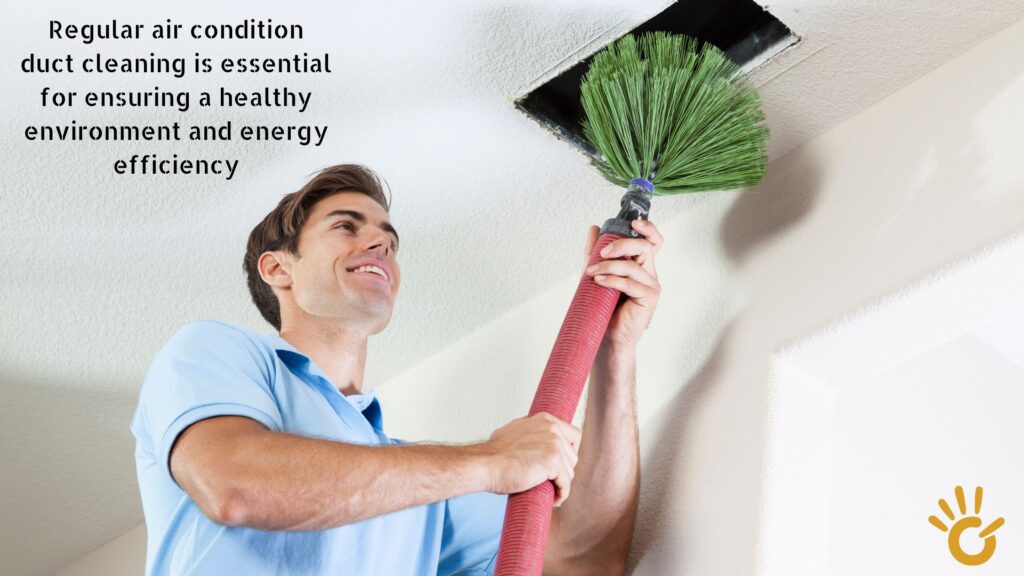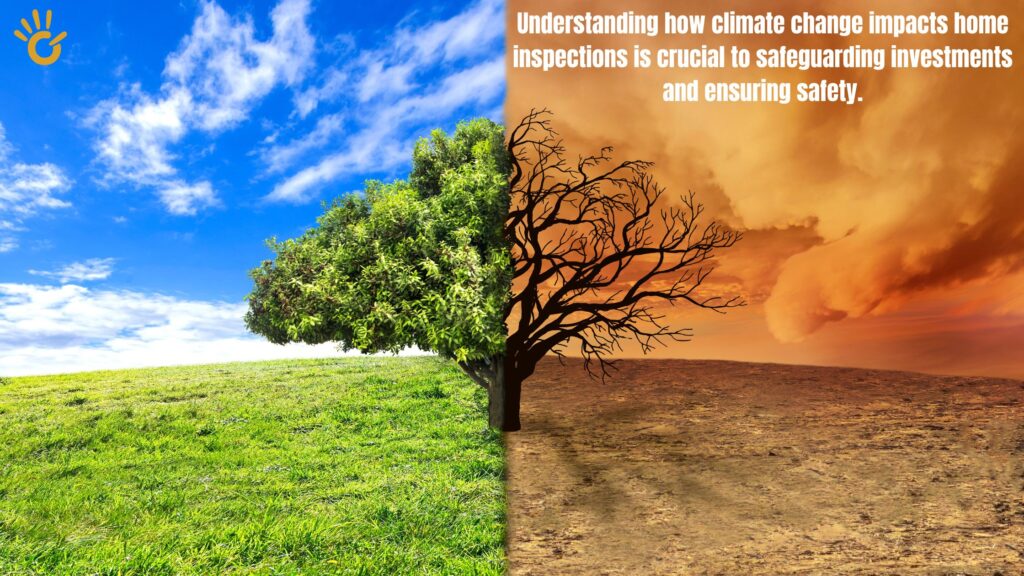Dubai, known for its arid climate, experiences sporadic yet intense rainfall that can lead to waterlogging and property damage if not properly managed. The city’s rapid urbanization and unique environmental conditions have necessitated the implementation of stringent regulations for rainwater management. This article provides a comprehensive overview of Dubai’s regulations on rainwater management and the responsibilities of property owners to ensure compliance and protect their investments.
The Importance of Rainwater Management in Dubai
Though Dubai’s rainfall is infrequent, it can be heavy and cause significant challenges due to the city’s infrastructure and soil composition. Proper rainwater management is crucial to prevent:
- Waterlogging and Flooding: Accumulated rainwater can lead to flooding in low-lying areas, causing damage to buildings and infrastructure.
- Structural Damage: Poor drainage can result in water seepage into building foundations, leading to structural integrity issues.
- Health Hazards: Stagnant water can become a breeding ground for mosquitoes and other pests, posing health risks.
Key Regulations on Rainwater Management
Dubai has established several regulations and guidelines to ensure effective rainwater management. These regulations focus on infrastructure, construction practices, and property maintenance to mitigate the risks associated with rainfall.
1. Drainage System Requirements
Property owners are required to install and maintain efficient drainage systems to handle rainwater. This includes:
- Roof Drainage: Roofs must be equipped with proper drainage systems, such as gutters and downpipes, to direct rainwater away from the building.
- Surface Water Drainage: Properties must have adequate surface water drainage systems to prevent water accumulation in outdoor areas.
2. Rainwater Harvesting
Dubai encourages the use of rainwater harvesting systems to promote sustainability and reduce the burden on the city’s water infrastructure. Property owners can install systems to collect and reuse rainwater for non-potable purposes like irrigation and cleaning.
3. Construction Standards
The Dubai Municipality has set construction standards that mandate the use of water-resistant materials and proper sealing techniques to prevent water infiltration. New buildings must adhere to these standards to ensure resilience against heavy rainfall.
4. Maintenance Obligations
Property owners are responsible for regular maintenance of drainage systems and rainwater management infrastructure. This includes:
- Regular Inspections: Periodic checks to ensure all systems are functioning correctly and free of blockages.
- Timely Repairs: Prompt repairs of any damage or defects in the drainage systems to prevent water-related issues.
5. Green Roofing Requirements
Dubai promotes the adoption of green roofing systems, which not only manage rainwater effectively but also provide insulation and reduce the urban heat island effect. Green roofs absorb rainwater, reducing runoff and lowering the risk of flooding.
6. Use of Permeable Paving
The city encourages the use of permeable paving materials in driveways and walkways. These materials allow rainwater to seep through and be absorbed into the ground, reducing surface runoff and mitigating the risk of water accumulation.
Compliance and Penalties
Non-compliance with rainwater management regulations can result in penalties, including fines and legal action. The Dubai Municipality conducts regular inspections to ensure properties meet the required standards. Property owners must stay informed about any updates to regulations and ensure their properties remain compliant.
Benefits of Compliance
Adhering to Dubai’s rainwater management regulations offers several benefits for property owners:
- Protection of Property Value: Proper rainwater management reduces the risk of water damage, preserving the property’s structural integrity and market value.
- Enhanced Sustainability: Implementing rainwater harvesting systems contributes to sustainable water management practices.
- Health and Safety: Effective drainage systems prevent water stagnation, reducing health hazards and improving living conditions.
- Environmental Benefits: Compliance with rainwater management regulations helps reduce the environmental impact of urban development by minimizing water wastage and promoting sustainable practices.
- Community Impact: Well-maintained rainwater management systems contribute to the overall resilience of the community by reducing the risk of flooding and water-related hazards.
Conclusion
Understanding and complying with Dubai’s regulations on rainwater management is crucial for property owners. These regulations not only protect properties from the adverse effects of rainfall but also promote sustainable practices. Regular maintenance and adherence to guidelines ensure that properties remain resilient, safe, and valuable in Dubai’s dynamic real estate market.
By staying proactive and informed about rainwater management regulations, property owners can safeguard their investments and contribute to a more sustainable urban environment in Dubai.




Pingback: Termite Protection and Property Inspections in Dubai 0